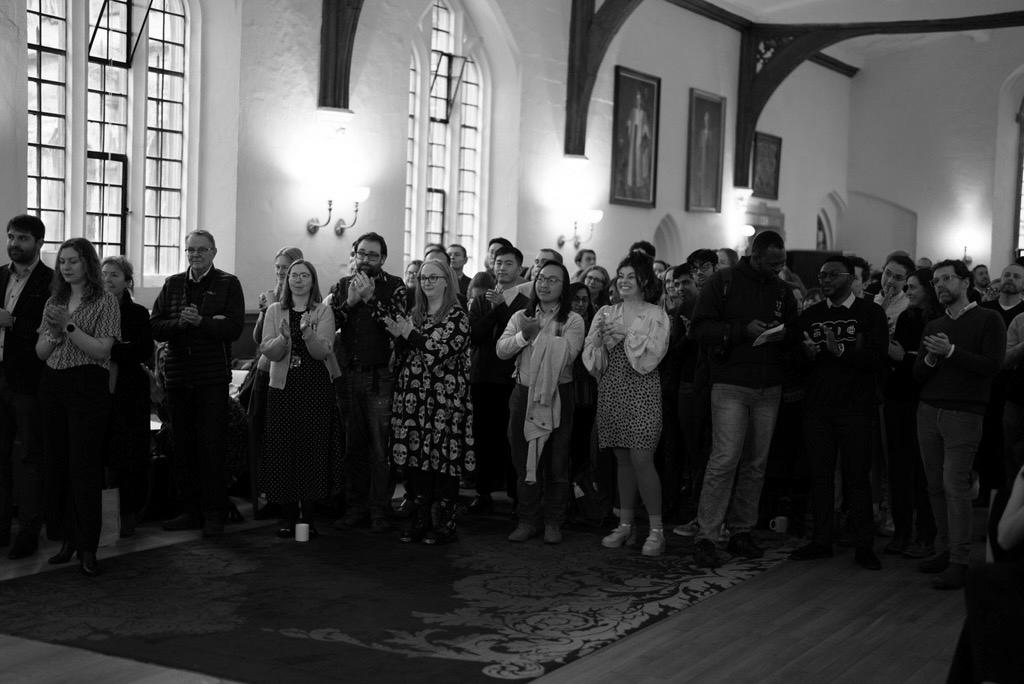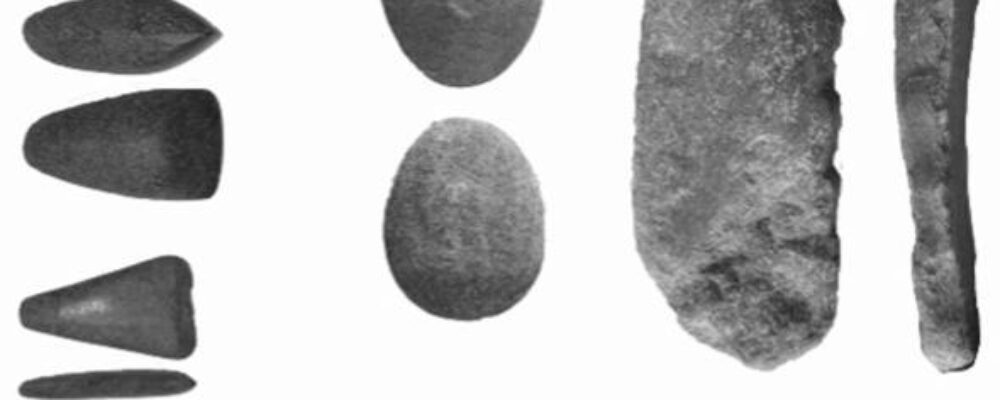
The Cambridge Awards for Research Impact and Engagement, formerly the Vice-Chancellor’s Award, are held annually to recognise exceptional achievement, innovation, and creativity in developing research engagement and impact plans with significant economic, social, and cultural potential. Awarded in three categories, the winners for 2024 are:
Established Academic
Winner: Professor Sander van der Linden (Department of Psychology, School of Biological Sciences and Churchill College) and his team at the Cambridge Social Decision-Making Lab (Team application)
Project: A Psychological Vaccine Against Misinformation
Professor Sander van der Linden and team have developed a novel approach to countering the spread of harmful misinformation. This ‘psychological vaccine’ resulted in award winning public impact tools that have shown millions of people how to spot fake news online. These games have been adopted by the World Health Organisation, United Nations, UK Government and Google and led to key policy changes in the EU Digital Services Act.
Early Career Researcher
Winner: Dr Gabriel Okello (Cambridge Institute for Sustainability Leadership, School of Technology)
Project: Applying multidisciplinary, collaborative approaches to tackle air pollution in rapidly urbanising African cities
The project catalysed Uganda’s first-ever Air Quality Standards, advancing policy and public health. It drove transformative growth in the e-mobility sector and battery-swapping stations. The Clean Air Network was established as a multi-regional community of practice for air quality management across Africa. The platform now provides real-time air quality data enabling evidence-based decision-making in Uganda and eight other African countries.
Collolaboration Award
Winner:
Lead: Prof Paul Fletcher (Department of Psychiatry, School of Clinical Medicine, Clare College), Dr Dervila Glynn (Cambridge Neuroscience IRC), Dominic Matthews (Ninja Theory Ltd), Sharon Gilfoyle (Cambridgeshire and Peterborough NHS Foundation Trust)
Project: Representing psychosis in video games: Communicating clinical science and tackling stigma
This work draws together expertise in video game design and clinical neuroscience, with lived experience of mental illness to co-produce two award-winning video games vividly conveying the nature of altered experience of reality in a character with psychosis. Within conversations around mental health, psychosis is neglected and highly stigmatised.
In creating a powerful character and telling her story through gameplay, the project has enabled sensitive and thoughtful conversations about psychosis, and mental illness in general. It has had a measurably positive impact on stigma.
Find out more about the winning projects and meet our runners-up here: www.cam.ac.uk/public-engagement/cambridge-awards-2024.
“The University of Cambridge is a public collegiate research university in Cambridge, England. Founded in 1209, the University of Cambridge is the third-oldest university in continuous operation.”
Please visit the firm link to site




